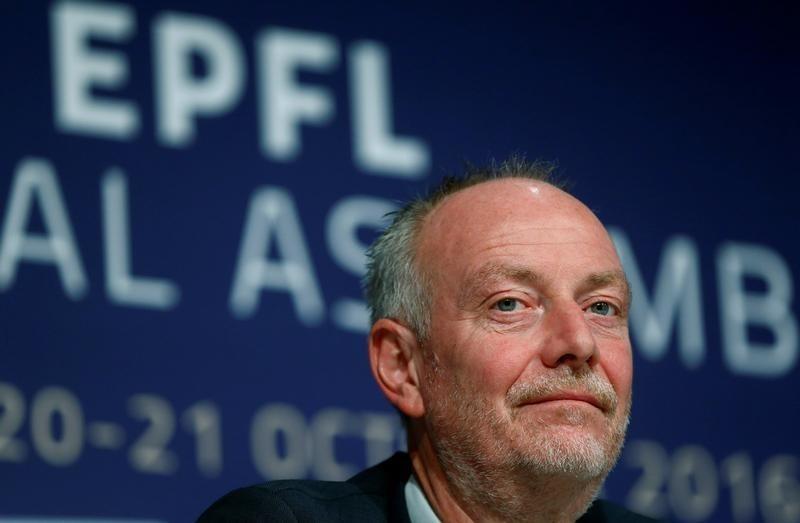By Andrew Warshaw
April 29 – Europe’s major leagues have rekindled the fierce debate over the future format of the Champions League by urging UEFA to change tack in order to protect domestic football.
A new system is being put in place from 2024 onwards to stave off the threat of another breakaway Super League, with the Champions League group stage expanding from 32 to 36 teams but played in a single league format. Instead of the current six matches, each team will play a minimum of 10 games against 10 different opponents.
UEFA is also planning to allow a limited number of clubs into the competition based on past history rather than up-to-date domestic success.
But the European Leagues umbrella body insists that more dates and more fixtures would have a seriously detrimental effect on the domestic game in terms of clubs not participating at European level.
And, it argues not for the first time, giving special places to clubs based on historical success has no sporting merit.
The subject is back in the spotlight because UEFA are holding a number of crucial meetings in the coming days, culminating in their annual congress on May 10.
“European competitions have a tremendous impact on domestic league competitions,” European Leagues chairman Claus Thomsen (pictured) told a press conference following the body’s annual assembly in Turkey.
“They are part of the football pyramid but it is essential that we govern what is the heart and soul and backbone of European club football – and that’s the domestic leagues.”
“It should always be sporting merit that bring you from one level to another. You should always qualify via your national league. This is why fans engage in football all across Europe. We cannot compromise on this.”
“Having so many extra games in the Champions League… will hurt the vast majority of clubs in Europe and benefit very few. It is still our view that such a thing cannot be introduced into European competitions.”
Whilst many observers would agree wholeheartedly about the unfairness of handing out Champions League spots to big-name clubs who no longer compete for major prizes, whether the European Leagues has any power to change the way forward is questionable.
Nor did they explain at today’s press conference exactly how and why having more European games would impact on domestic calendars.
On Thursday night, for instance, Manchester United played Chelsea in the Premier League at the same time as the Europa League and Europa Conference League semi-finals.
Invariably fans still go and support their local team rather than stay at home and watch bigger games on television. It seems likely the European Leagues are mainly concerned about the adverse effect on domestic tv rights but they didn’t spell that out to the media.
Nevertheless, European Leagues managing director Jacco Swart contended: “Smaller and medium-sized clubs would like to see a different balance between international matches and domestic matches.”
“There is no question, if every club in Europe had the same vote, that this (proposal) would never happen. For the vast majority of clubs, their domestic competition is the most important.”
Contact the writer of this story at moc.l1743733293labto1743733293ofdlr1743733293owedi1743733293sni@w1743733293ahsra1743733293w.wer1743733293dna1743733293

